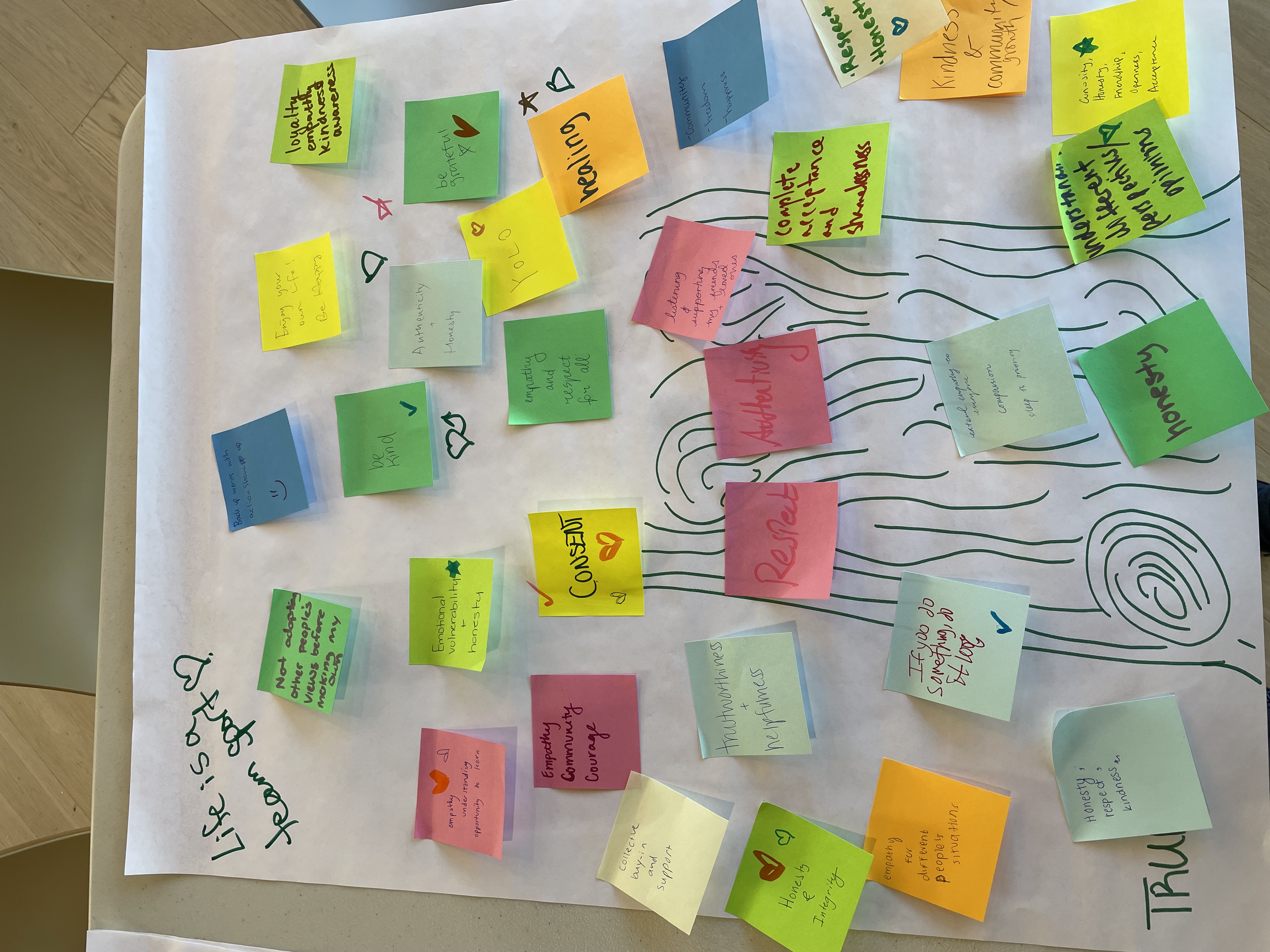Campus, Confidential Resources:
Sexual Assault Response Line 401.863-6000
Confidential crisis support and information is available for any Brown student dealing with sexual assault. The on-call counselor is also available to accompany a victim to the hospital.
BWell SHARE Advocates, 401.863-2794, [email protected], Ground Level of Health & Wellness Center, 450 Brook St
The SHARE (Sexual Harm Acute Response & Empowerment) Advocates in BWell Health Promotion are confidential resources at Brown that can provide support to any student from any part of the University (undergraduate, graduate, and medical students) affected by issues or experiences related to: Sexual Assault, Sexual and/or Gender-based Harassment, Domestic/Dating Violence, Relational Abuse, or Stalking, that has taken place at any time in their lives. Confidential services include acute responses or ongoing empowerment-based support for a survivor or the friends of a survivor, including help filing a complaint (if that is the student's choice) and/or navigating resources at Brown and in the community.*This is a survivor-centered resource for people who have experienced sexual harm.
Counseling and Psychological Services 401.863-3476
Clinicians provide confidential crisis support, follow-up appointments, and 24-hour on-call services for any Brown student dealing with sexual assault. Located on the First Floor of the Health & Wellness Center, 450 Brook Street.
Brown Emergency Medical Services (EMS) 401.863-4111
Emergency response available 24 hours a day, 7 days a week.
University Health Services 401.863-3953
Confidential medical care, testing and treatment. Emergency contraceptive pills and treatment for sexually transmitted infections are available. Located on the First Floor of the Health & Wellness Center, 450 Brook Street.
Chaplains Office 401.863-2344
The Chaplains are available for personal counseling and support. Call to make an appointment. Located in Page-Robinson Hall, Room 410.
Campus, NOT Confidential Resources:
Office of Student Life/Dean-on-Call 401.863-3800
Provides a crisis response system which includes administrators-on-call.
Title IX Office
(401) 863-2386, Rene Davis, Title IX Program Officer
Information and support resources for the Brown University community around issues of sexual misconduct and Title IX.
Brown Department of Public Safety 401.863-4111 (emergency response)
Emergency response available 24 hours a day, 7 days a week. You may also direct any complaints to Public Safety's administrative number, 863-3322.
Off-campus, Confidential Resources:
Sexual Assault & Domestic Violence Hotline 1-800-494-8100
If you or someone you know needs help because of a sexual assault or an abusive relationship, call this hotline 24 hours a day. Counselor-advocates provide confidential support and are available to accompany victims of sexual assault to the hospital and police station. Ongoing counseling and support groups are available. (This hotline is specific to Rhode Island. Contact the National Sexual Assault Hotline at 1-800-656-HOPE if you need help in another state.)
Rape, Abuse & Incest National Network (RAINN) 1-800-656-HOPE
This is a national hotline for victims of sexual assault. The hotline offers free, confidential counseling and support 24 hours a day, from anywhere in the country. When a survivor calls the hotline, s/he is connected to the nearest local rape crisis center through a unique computer routing system that maintains the confidentiality of callers.
Local Hospitals and Emergency Rooms:
Women & Infants Hospital 401.274-1100
101 Dudley Street, Providence
Rhode Island Hospital 401.444-5411
593 Eddy Street, Providence
Miriam Hospital 401.793-2500
164 Summit Avenue, Providence






